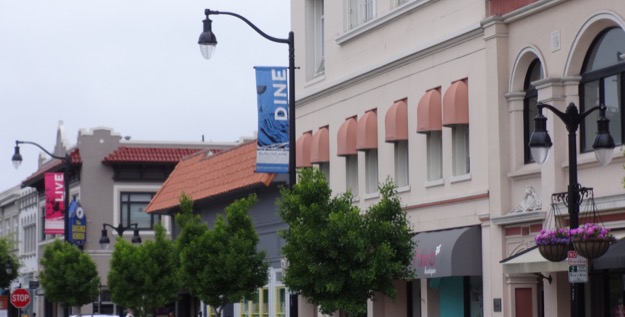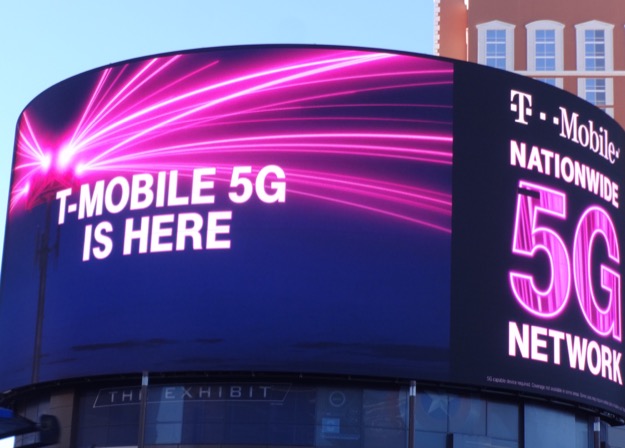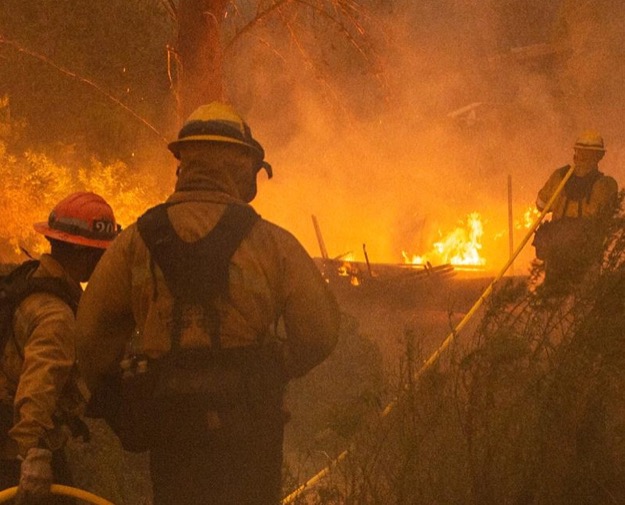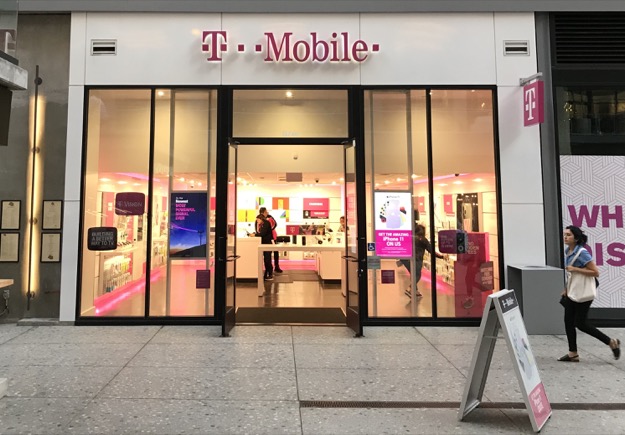California’s deemed granted wireless permit battle begins as T-Mobile takes on San Francisco
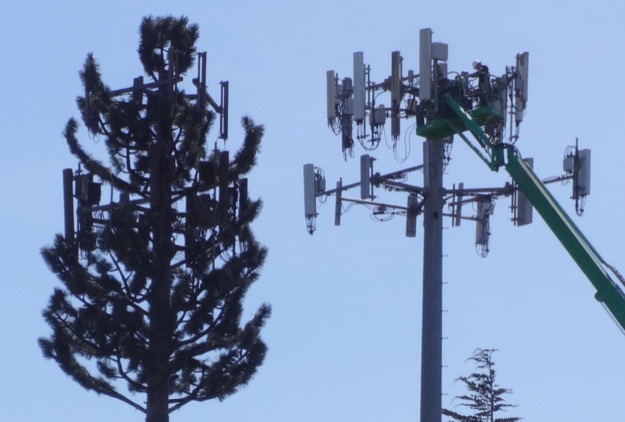
Shot clocks only matter if a referee blows the whistle. California and federal laws, and Federal Communications Commission regulations set deadlines of anywhere from 60 days to 150 days for local agencies to approve or deny permits for construction or modification of wireless facilities, including cellular sites. In theory, when the deadline passes, the permit is deemed granted (or deemed approved, per California’s law). In practice, I’ve never seen a mobile company try to exercise deemed granted privileges in California.… More

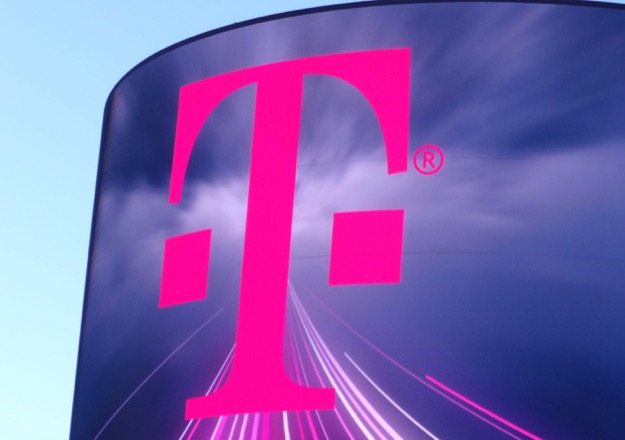


![By USFS Region 5 (Thomas Fire) [CC BY 2.0 (https://creativecommons.org/licenses/by/2.0) or Public domain], via Wikimedia Commons](https://www.tellusventure.com/images/2018/7/thomas_fire_2018_utility_lines.jpg)
